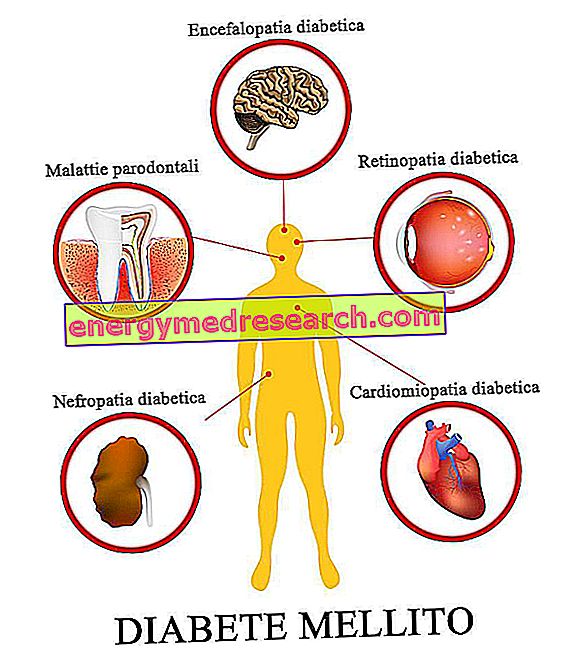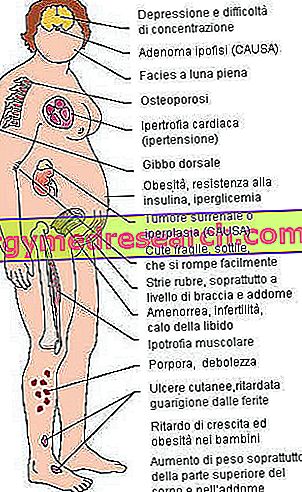
A study entitled " The effect of caffeine in people with asthma " has examined the theoretical bronchodilator effect of caffeine on subjects suffering from a mild or moderate form of asthma.
The studies carried out in this regard were seven, with a total of 75 people, and involved the use of the spirometry technique.
Six studies, involving 55 subjects, show that, compared to placebo, even moderate dosages of caffeine (5mg / kg body weight) seem to improve lung function up to two hours after consumption.
The parameter of "Forced Expiratory Volume in the first second" (FEV1) showed an improvement (albeit modest, 5% FEV1) that persevered up to two hours after caffeine ingestion.
On the other hand, in two other studies, following caffeine intake, the mean FEV1 differences were 12-18%. There was also a small improvement in the "Mid-Expiratory Flow", which was maintained for up to about four hours.
A final study, on the other hand, involved 20 subjects and examined the effect of normal and decaffeinated coffee on nitric oxide (NO) levels. Nitric oxide is a chemical mediator (produced by the enzyme nitric oxide synthase from the amino acid arginine) which, among its various functions, "potentially" carries out also that of bronchus dilator.
No significant effects emerged.
Ultimately, in asthmatics, caffeine appears to favor little airway function for up to four hours. This means that, in the evaluation tests, people should avoid hiring caffeinated foods or beverages, as this could cause an error in the interpretation of the spirometric parameters.
On the other hand, drinking coffee containing caffeine before estimating nitric oxide concentrations does not seem to influence the test results in any way, although to confirm this result it is necessary to carry out further investigations of an experimental nature.



